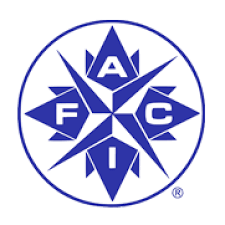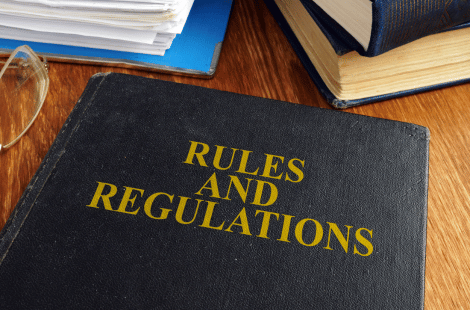
The Certified Fraud Specialist (CFS) certification, offered by the International Association of Financial Crimes Investigators (IAFCI), is a prestigious credential that demonstrates expertise in fraud prevention, detection, and investigation. In this blog post, we will explore the significance, requirements, and impact of the CFS certification, showcasing how it equips professionals with the knowledge and skills to combat fraud effectively. Additionally, we will provide a link to the official IAFCI website for further information.
Certified Fraud Specialist (CFS): A Symbol of Excellence in Fraud Prevention The Certified Fraud Specialist (CFS) certification is designed for professionals dedicated to preventing, detecting, and investigating fraud. It recognizes individuals who possess the necessary knowledge and skills to tackle the evolving challenges of financial crimes.
Benefits of CFS Certification:
- Comprehensive Fraud Expertise: The CFS certification equips professionals with a comprehensive understanding of fraud prevention strategies, detection methodologies, and investigation techniques. It covers a wide range of fraud types, including corporate fraud, identity theft, money laundering, and cyber fraud.
- Professional Credibility: Holding the CFS certification demonstrates a commitment to the highest ethical standards and proficiency in fraud prevention. It enhances professional credibility and distinguishes individuals as trusted experts in the field of financial crimes.
- Career Advancement: The CFS certification can open doors to new career opportunities in various sectors, including finance, law enforcement, consulting, and regulatory agencies. Employers value professionals who possess specialized knowledge and skills in fraud prevention and detection.
- Continuous Learning and Networking: CFS-certified professionals gain access to a global network of fraud prevention and investigation experts through the IAFCI. This network provides opportunities for continuous learning, collaboration, and knowledge sharing, enabling professionals to stay at the forefront of fraud prevention practices.
Requirements for CFS Certification: To earn the CFS certification, candidates must fulfill the following requirements:
- Education and Experience: Possess a minimum of a bachelor’s degree or equivalent from an accredited institution and have at least two years of professional experience in fraud prevention, detection, investigation, or related fields. Alternatively, candidates may substitute educational requirements with additional years of experience.
- CFS Examination: Successfully pass the comprehensive CFS examination, which assesses candidates’ knowledge of fraud prevention techniques, investigation methodologies, relevant laws and regulations, and ethical considerations.
- Adherence to the IAFCI Code of Ethics: Uphold the highest ethical standards in the practice of fraud prevention, detection, and investigation, adhering to the IAFCI Code of Ethics.
- Continuing Education: Maintain an ongoing commitment to professional development by participating in continuing education activities and staying updated with emerging trends and best practices in fraud prevention.
Impact and Recognition: The CFS certification has a significant impact on the professional growth and recognition of individuals in the field of fraud prevention and detection. It showcases a commitment to combating financial crimes, protecting organizations and individuals from fraud risks, and promoting a culture of integrity and transparency.
Website Link: To learn more about the Certified Fraud Specialist (CFS) certification and access resources provided by the International Association of Financial Crimes Investigators (IAFCI), please visit their official website: IAFCI Website
Conclusion: Earning the Certified Fraud Specialist (CFS) certification from the International Association of Financial Crimes Investigators (IAFCI) signifies a professional’s dedication to preventing and detecting fraud. This prestigious credential equips individuals with the knowledge and skills necessary to effectively combat financial crimes, protect organizations, and safeguard against







